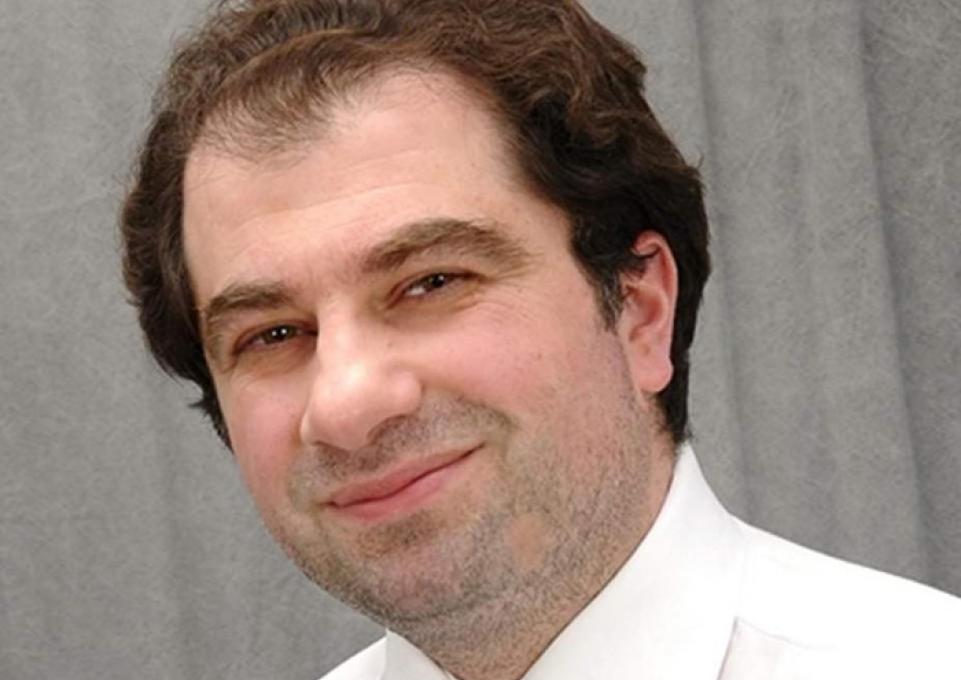
Ever since he studied astronomy as an undergraduate, Yunus Kumek has been seeking a deeper understanding of the universe. His journey led him to graduate studies in quantum physics, the University of Pittsburgh Medical Center as a medical physicist working with cancer patients, and the University at Buffalo as a research associate in anthropology. These days, his quest is an exploration of the tradition of mysticism in the world’s religions, especially Sufism, which is understood in the West as the mysticism associated with Islam.
However, Kumek—a lecturer in the Philosophy Department and coordinator of the religious studies program—resists a narrow definition of his expertise. “Sometimes language alienates us from each other,” he said. “But mystical experiences are the same in any faith tradition. Even people who are agnostics and atheists may attain such an experience.”
Mysticism, according to Kumek, is experiential knowledge. A person attains a mystical experience through the understanding and consistent practice of his or her own religious tradition. “When a Christian deepens in Christianity, a Jew deepens in Judaism, a Muslim deepens in Islam, and a non-traditional follower deepens in spirituality, that person takes the first step on the path of mysticism,” he said. “Through practice and effort, the doors of the unknown open with genuine meaning through experiential knowledge.”
The classes Kumek teaches include introduction to religious studies; mysticism; and introduction to Islam. He shared a diagram he draws for his students that shows persons from several religious and cultural traditions following different paths. But all the paths culminate in an experience of the divine that, despite varying descriptions, is the same mystical experience.
Explaining the mystical is a daunting task, and Kumek draws on his knowledge of physics for a language to describe it. “Just as particles in physics have states,” he said, “humans have states—consciousness, for one. Mindfulness. Awareness. In the practice of mysticism, a person is trying to achieve a result, a state. In Sufism, people may seek the consciousness that God always sees you. In Buddhism, one may seek to achieve a state of emptiness.”
Kumek, who remains interested in physics—he solves physics problems to relax—said that he found the natural sciences explained how, but not why. He turned to the social sciences to explore the answer to “why,” earning a Ph.D. in anthropology. His scholarship on mysticism stems from an interest in the study of religion and its effect on human beings. He doesn’t see the natural sciences, the social sciences, and the study of mysticism as oppositional in any way. “I understand them as complementary,” he said.
“As humans, we all share pain and weakness and death,” he said. “And we look for purpose and meaning. All religion is a response to our shared human experience, an experience that can include the mystical. This concept should be revealed, embraced, and expressed because at the essence, that state is the same. And we come to realize we have always been more similar than different.”
About Yunus Kumek
Kumek earned an undergraduate degree at Bogazici University-Robert College in Istanbul, Turkey, and a master’s in biophysics and a Ph.D. with a dissertation concentration in social anthropology at the University at Buffalo, where he has been a research associate in anthropology. He has presented a number of invited talks on scriptural exegesis, mysticism, Sufism, Islam, and related topics at academic conferences. Kumek will be a visiting scholar in the Harvard Divinity School in spring 2017 working on book projects and academic articles.
